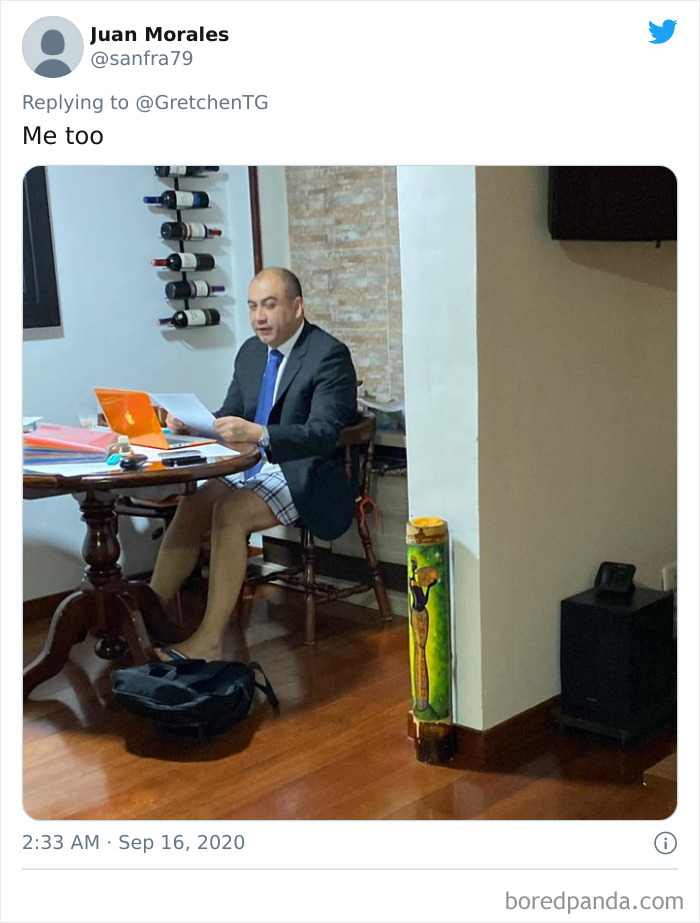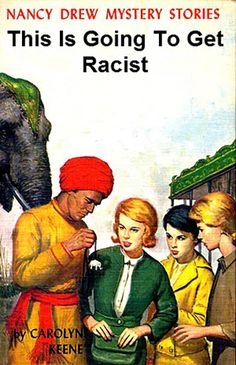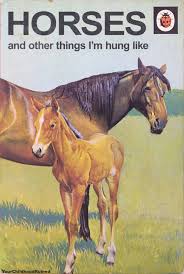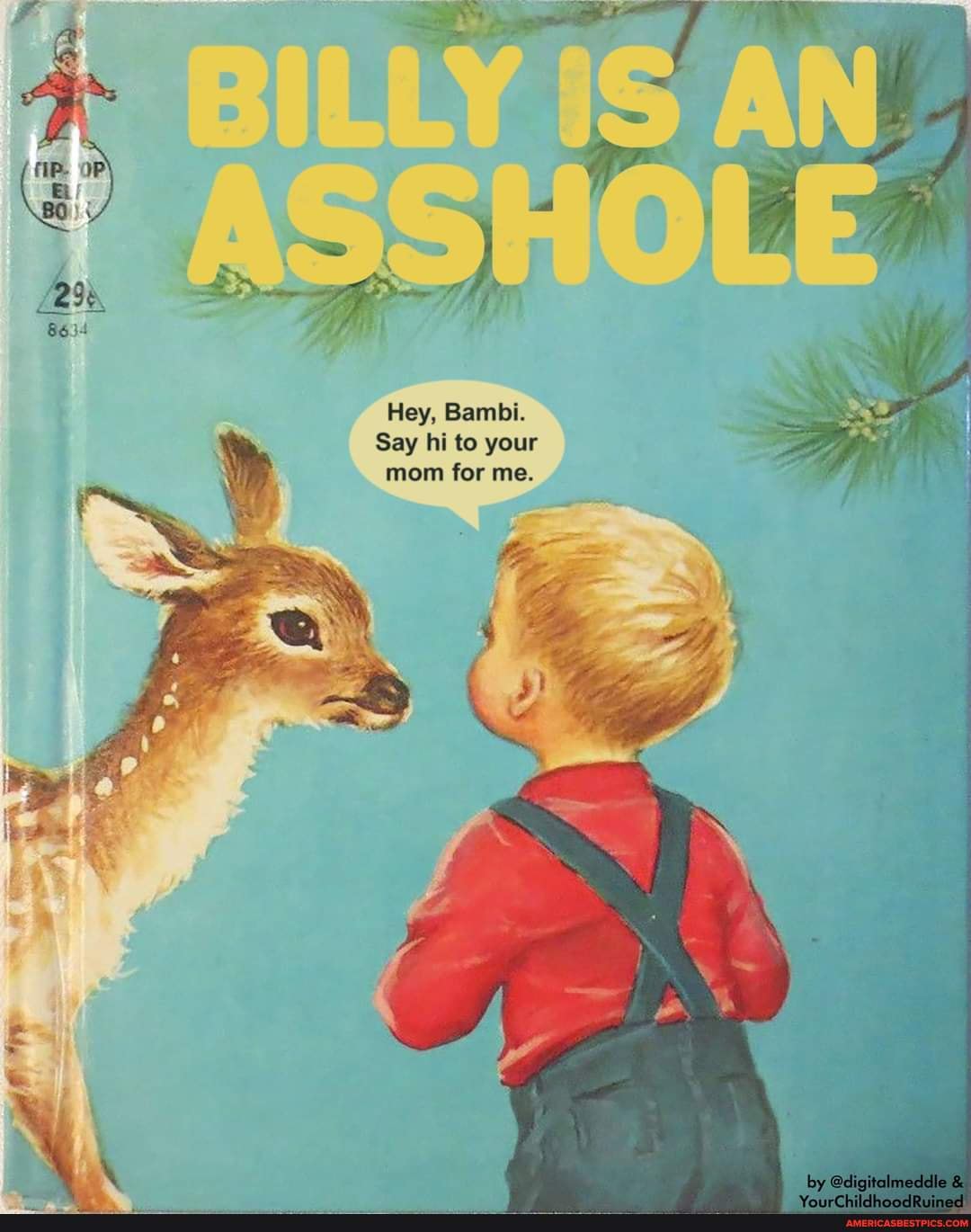What is ironic about Joe's post is that he is one of the more colorful writers on here and he gets his points across not in the most efficient manner but with a lot of imagery and style (even if it is a sometimes inscrutable style).Ooh Joe, this explains so much. There is not a better way in the world ( except for maybe travel) to get outside your bubble and learn about the world. My main goal as a teacher was to get kids to enjoy reading. I would go to the ends of the earth to find books that interested them. Now I’m on Goodreads with several of my former students and nothing makes me happier than sharing boom reviews with them.
Colleges
- AAC
- ACC
- Big 12
- Big East
- Big Ten
- Pac-12
- SEC
- Atlantic 10
- Conference USA
- Independents
- Junior College
- Mountain West
- Sun Belt
- MAC
- More
- Navy
- UAB
- Tulsa
- UTSA
- Charlotte
- Florida Atlantic
- Temple
- Rice
- East Carolina
- USF
- SMU
- North Texas
- Tulane
- Memphis
- Miami
- Louisville
- Virginia
- Syracuse
- Wake Forest
- Duke
- Boston College
- Virginia Tech
- Georgia Tech
- Pittsburgh
- North Carolina
- North Carolina State
- Clemson
- Florida State
- Cincinnati
- BYU
- Houston
- Iowa State
- Kansas State
- Kansas
- Texas
- Oklahoma State
- TCU
- Texas Tech
- Baylor
- Oklahoma
- UCF
- West Virginia
- Wisconsin
- Penn State
- Ohio State
- Purdue
- Minnesota
- Iowa
- Nebraska
- Illinois
- Indiana
- Rutgers
- Michigan State
- Maryland
- Michigan
- Northwestern
- Arizona State
- Oregon State
- UCLA
- Colorado
- Stanford
- Oregon
- Arizona
- California
- Washington
- USC
- Utah
- Washington State
- Texas A&M
- Auburn
- Mississippi State
- Kentucky
- South Carolina
- Arkansas
- Florida
- Missouri
- Ole Miss
- Alabama
- LSU
- Georgia
- Vanderbilt
- Tennessee
- Louisiana Tech
- New Mexico State
- Middle Tennessee
- Western Kentucky
- UTEP
- Florida International University
High School
- West
- Midwest
- Northeast
- Southeast
- Other
- Alaska
- Arizona
- California
- Colorado
- Nevada
- New Mexico
- Northern California
- Oregon
- Southern California Preps
- Washington
- Edgy Tim
- Indiana
- Kansas
- Nebraska
- Iowa
- Michigan
- Minnesota
- Missouri
- Oklahoma Varsity
- Texas Basketball
- Texas
- Wisconsin
- Delaware
- Maryland
- New Jersey Basketball
- New Jersey
- New York City Basketball
- Ohio
- Pennsylvania
- Greater Cincinnati
- Virginia
- West Virginia Preps
ADVERTISEMENT
Install the app
How to install the app on iOS
Follow along with the video below to see how to install our site as a web app on your home screen.
Note: This feature may not be available in some browsers.
You are using an out of date browser. It may not display this or other websites correctly.
You should upgrade or use an alternative browser.
You should upgrade or use an alternative browser.
Water Cooler Book Club
- Thread starter BradStevens
- Start date
He's no mas-sa-suta (sp?).What is ironic about Joe's post is that he is one of the more colorful writers on here and he gets his points across not in the most efficient manner but with a lot of imagery and style (even if it is a sometimes inscrutable style).
Oh, wait...yes he is.
The board’s David foster WallaceWhat is ironic about Joe's post is that he is one of the more colorful writers on here and he gets his points across not in the most efficient manner but with a lot of imagery and style (even if it is a sometimes inscrutable style).
Not enough footnotes.*The board’s David foster Wallace
*Footnotes are odd little things. They first appear in the early 17th century, acting as a marriage of history and philology.
Perhaps no one has mastered this melding of narrative and erudition, of utile and dulce, like Edward Gibbon (EG) the venerated 18th-century English historian.
EG wrote the sublime six-volume The Decline and Fall of the Roman Empire. (TDFRE) "The footnotes [of Gibbon]," writes historian John Clive in his book Not by Fact Alone, "must not be forgotten. . . . They contain those flashes of wit and humor that help to ease the reader's long trek through the centuries, from the reference to the Abbé le Boeuf as 'an antiquarian, whose name was happily expressive of his talents,' to the comment on the learned Origen, who, eager for perpetual chastity, thought fit to castrate himself ('to disarm the tempter,' in Gibbon's phrase)."
In another footnote, Gibbon skewers St. Augustine, noting that his "learning is too often borrowed and . . . [his] arguments are too often his own." Elsewhere, he jabs at his friend Voltaire: "M. de Voltaire, unsupported by either fact or probability, has generously bestowed the Canary Islands on the Roman empire." The last note is classic Gibbon: accurate, acerbic and informative.
More than anything, Gibbon should make us rethink our attitude toward footnotes and the attendant deathwatch. emphasis in our schools has been to replicate the form rather than the content or style of a good footnote. We should remember that reading Gibbon without the footnotes is like listening to Mozart without the 16th notes; the music of each lacks its distinctive, ineffable magic when the little notes are taken away.
$10.00 fine for 'Ineffable'.Not enough footnotes.*
*Footnotes are odd little things. They first appear in the early 17th century, acting as a marriage of history and philology.
Perhaps no one has mastered this melding of narrative and erudition, of utile and dulce, like Edward Gibbon (EG) the venerated 18th-century English historian.
EG wrote the sublime six-volume The Decline and Fall of the Roman Empire. (TDFRE) "The footnotes [of Gibbon]," writes historian John Clive in his book Not by Fact Alone, "must not be forgotten. . . . They contain those flashes of wit and humor that help to ease the reader's long trek through the centuries, from the reference to the Abbé le Boeuf as 'an antiquarian, whose name was happily expressive of his talents,' to the comment on the learned Origen, who, eager for perpetual chastity, thought fit to castrate himself ('to disarm the tempter,' in Gibbon's phrase)."
In another footnote, Gibbon skewers St. Augustine, noting that his "learning is too often borrowed and . . . [his] arguments are too often his own." Elsewhere, he jabs at his friend Voltaire: "M. de Voltaire, unsupported by either fact or probability, has generously bestowed the Canary Islands on the Roman empire." The last note is classic Gibbon: accurate, acerbic and informative.
More than anything, Gibbon should make us rethink our attitude toward footnotes and the attendant deathwatch. emphasis in our schools has been to replicate the form rather than the content or style of a good footnote. We should remember that reading Gibbon without the footnotes is like listening to Mozart without the 16th notes; the music of each lacks its distinctive, ineffable magic when the little notes are taken away.
Have you read Infinite Jest? I’ve had it on my bedside table for at least 5 years. Hoping to absorb through osmosis, I guess. I’ve read several of his essays and short stories, but just can’t tackle that one.Not enough footnotes.*
*Footnotes are odd little things. They first appear in the early 17th century, acting as a marriage of history and philology.
Perhaps no one has mastered this melding of narrative and erudition, of utile and dulce, like Edward Gibbon (EG) the venerated 18th-century English historian.
EG wrote the sublime six-volume The Decline and Fall of the Roman Empire. (TDFRE) "The footnotes [of Gibbon]," writes historian John Clive in his book Not by Fact Alone, "must not be forgotten. . . . They contain those flashes of wit and humor that help to ease the reader's long trek through the centuries, from the reference to the Abbé le Boeuf as 'an antiquarian, whose name was happily expressive of his talents,' to the comment on the learned Origen, who, eager for perpetual chastity, thought fit to castrate himself ('to disarm the tempter,' in Gibbon's phrase)."
In another footnote, Gibbon skewers St. Augustine, noting that his "learning is too often borrowed and . . . [his] arguments are too often his own." Elsewhere, he jabs at his friend Voltaire: "M. de Voltaire, unsupported by either fact or probability, has generously bestowed the Canary Islands on the Roman empire." The last note is classic Gibbon: accurate, acerbic and informative.
More than anything, Gibbon should make us rethink our attitude toward footnotes and the attendant deathwatch. emphasis in our schools has been to replicate the form rather than the content or style of a good footnote. We should remember that reading Gibbon without the footnotes is like listening to Mozart without the 16th notes; the music of each lacks its distinctive, ineffable magic when the little notes are taken away.
Yea I stopped. I’m like you and I can count on one hand the number of books I didn’t finish. That’s oneHave you read Infinite Jest? I’ve had it on my bedside table for at least 5 years. Hoping to absorb through osmosis, I guess. I’ve read several of his essays and short stories, but just can’t tackle that one.
I've read all of DFW's non-fiction, but only one or two short stories. I haven't been able to get into his fiction and, quite frankly, don't want to ruin my view of him by being disappointed. He's one of my favorite writers.Have you read Infinite Jest? I’ve had it on my bedside table for at least 5 years. Hoping to absorb through osmosis, I guess. I’ve read several of his essays and short stories, but just can’t tackle that one.
have you guys decided on a book? What are you thinking? Phil Robertson’s The Theft of America’s Soul?
Twilighthave you guys decided on a book? What are you thinking? Phil Robertson’s The Theft of America’s Soul?
Twilight
Okay welcome to the first edition of the Water Cooler Book Club. I'm "Brad Stevens;" hang on. not great with zoom. not sure i have the camera right

It's going to be EPIC.Okay welcome to the first edition of the Water Cooler Book Club. I'm "Brad Stevens;" hang on. not great with zoom. not sure i have the camera right

Orange laptop seems appropriateOkay welcome to the first edition of the Water Cooler Book Club. I'm "Brad Stevens;" hang on. not great with zoom. not sure i have the camera right

i was trying to find a zoom with a big group of goof balls. one of my old college teammates coaches and teaches high school and during the pandemic he used to send us what he sees teaching by zoom. was absolutely hilarious. one of hte best parts of the pandemicOrange laptop seems appropriate
That guy needs purple sunglasses.Orange laptop seems appropriate
He doesn’t look near desperate enough. Give it time.That guy needs purple sunglasses.
I think a book club is a great idea and I commend you for trying to bring it to life.Interest?
Meet over Zoom once a week.
Assign about 70 pages per week. MUST READ.
Tackle Great Books. Discuss deep issues and interpretative questions (like, what the fvck is going on here???). Inquiry focus, not show- off-your-intellect focus.
No personal attacks or lack of courtesy.
Books can be chosen by vote or rotating selection of members, but need a list of potentials (Top 100 novels/books of All-Time?). I'm more focused on fiction, but love historical fiction.
If enough interest, I'll run it in the beginning, but hoping others would moderate as we get going on some chapters/weeks to spread the workload.
Some suggestions to get started...









Last edited:
Gay!!!I think a book club is a great idea and I commend you for trying to bring it to life.
Unless it’s a book about balein hay at 3 am! Crack sweat or being chaffed!
Post of the year so far?Some suggestions to get started...





He did put in a lot of work. I mean he’s retired. But still; a lot of work. For a man his age.Post of the year so far?
ADVERTISEMENT
ADVERTISEMENT



